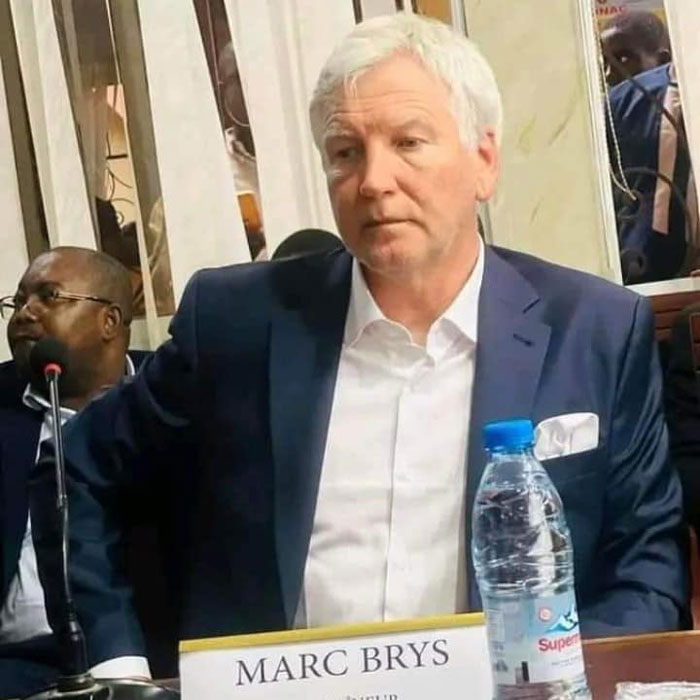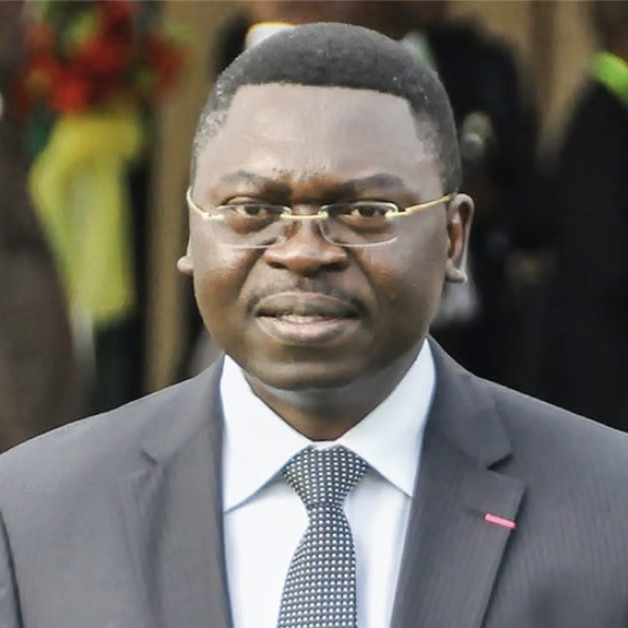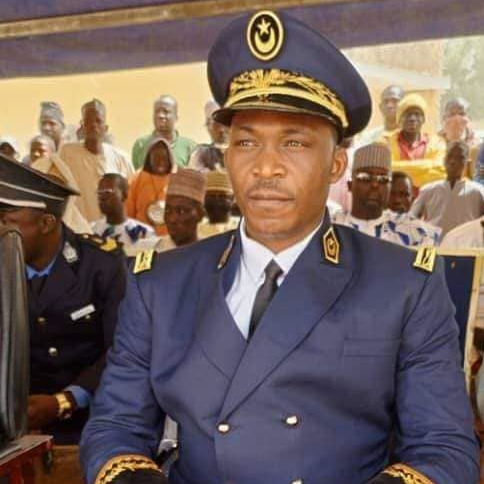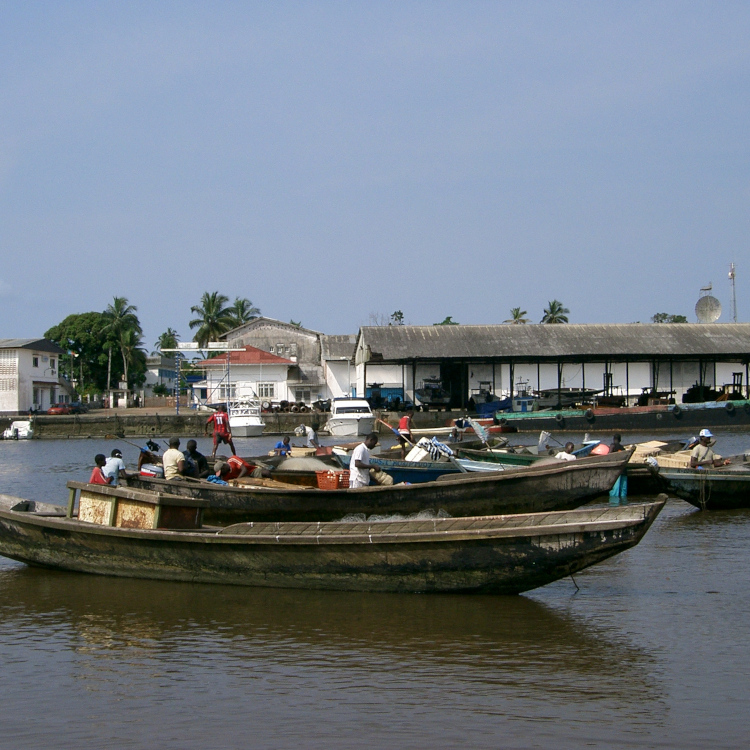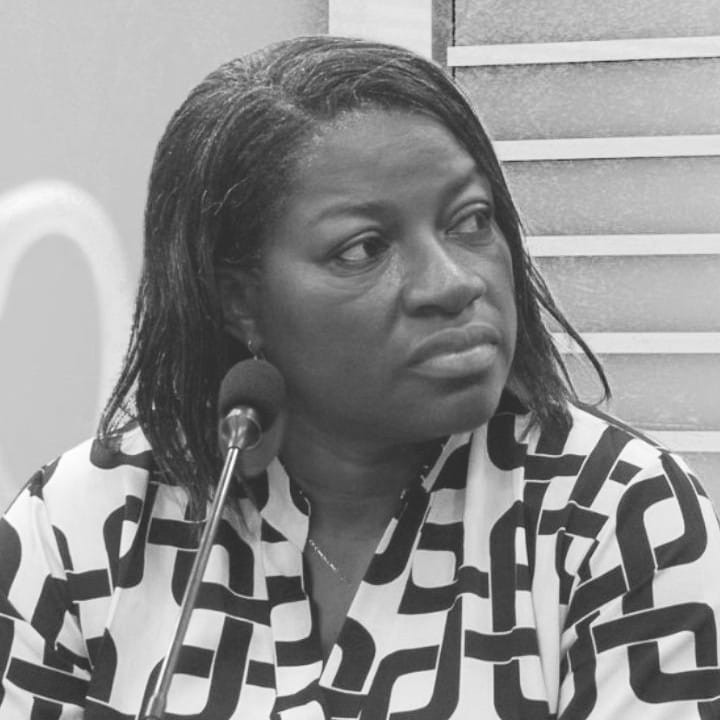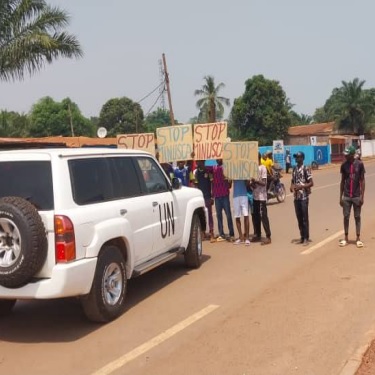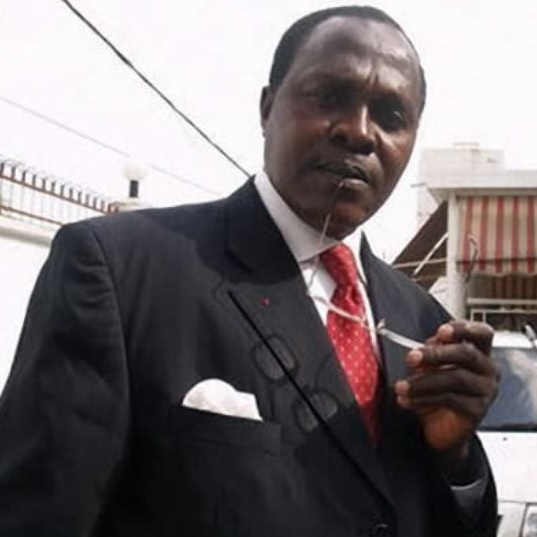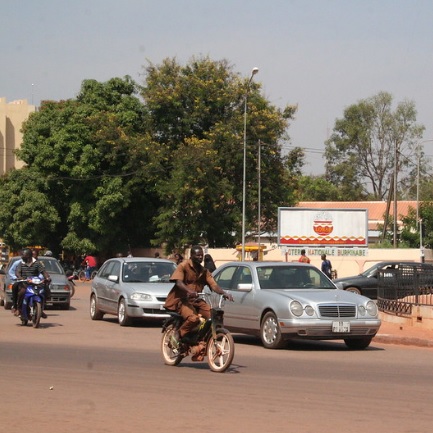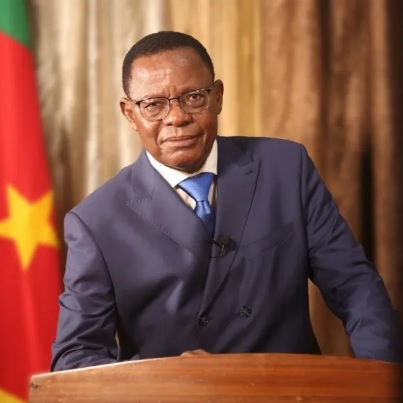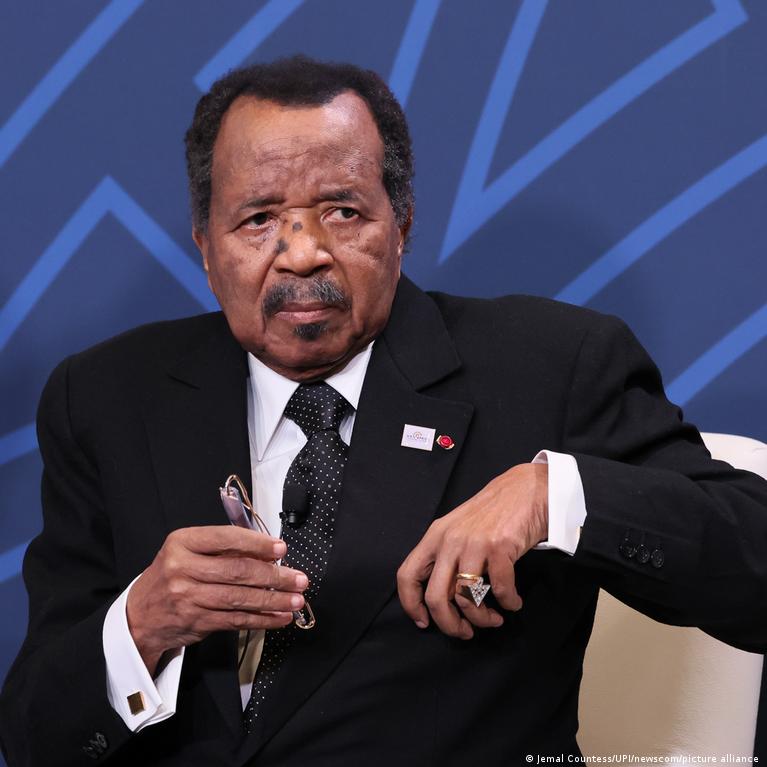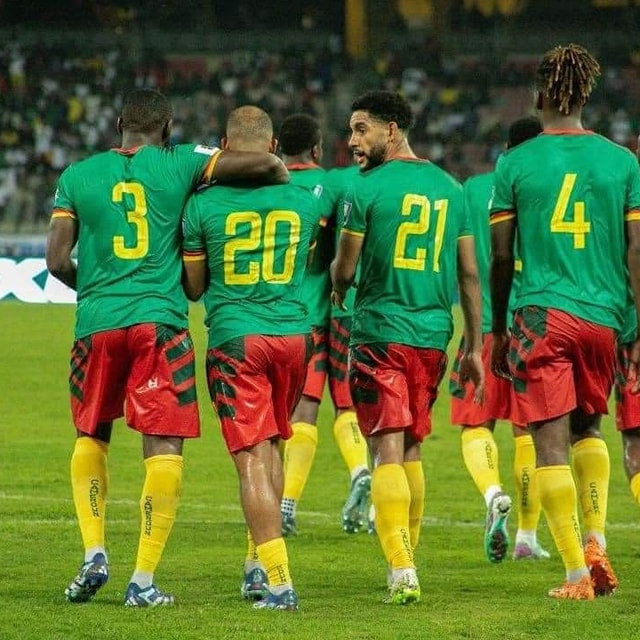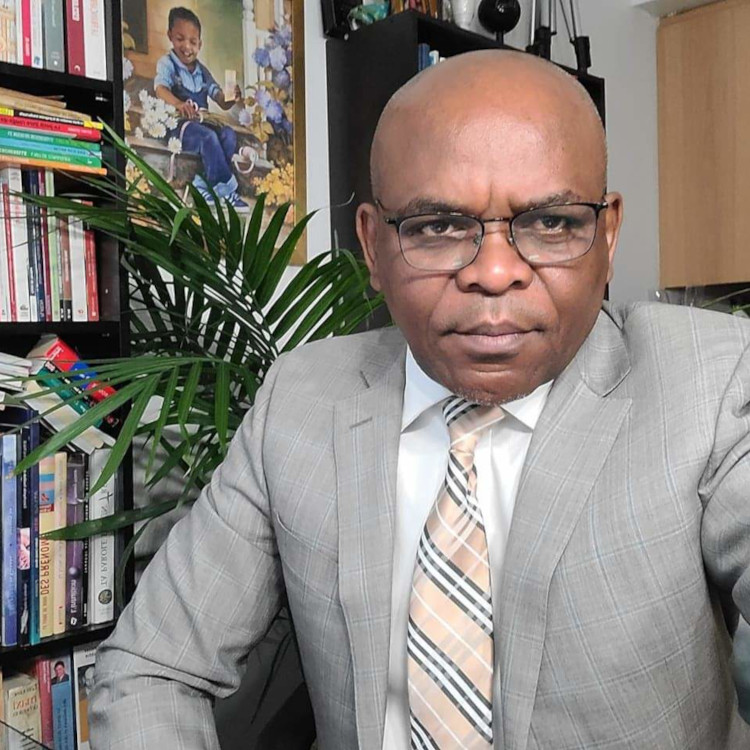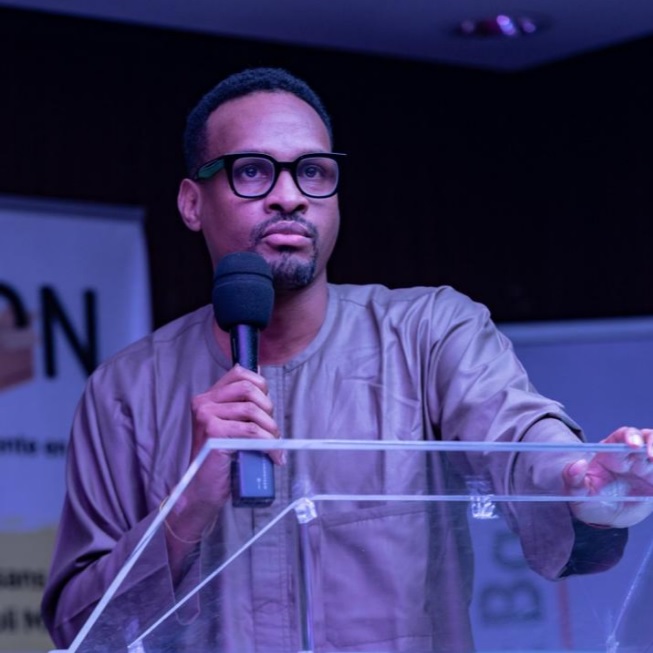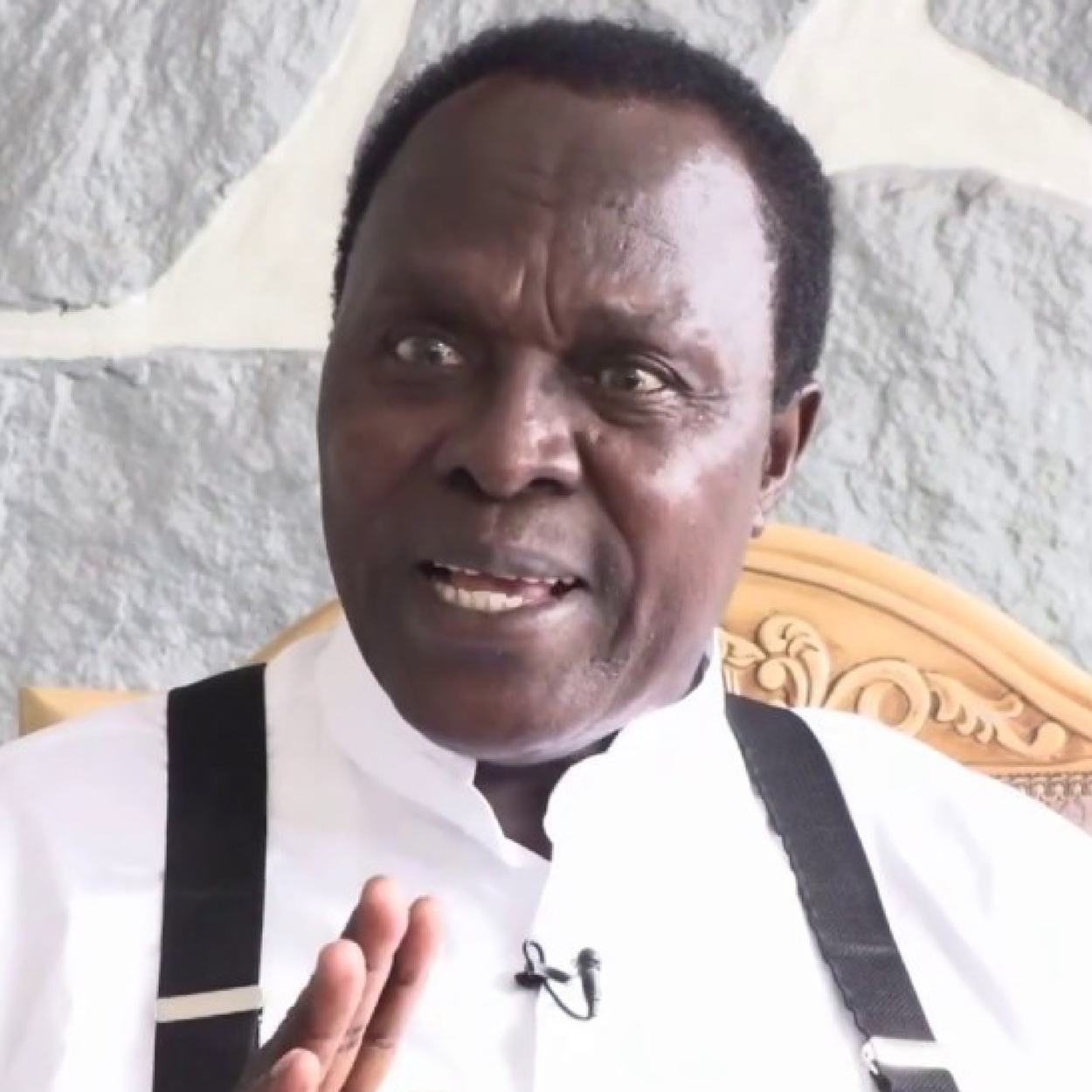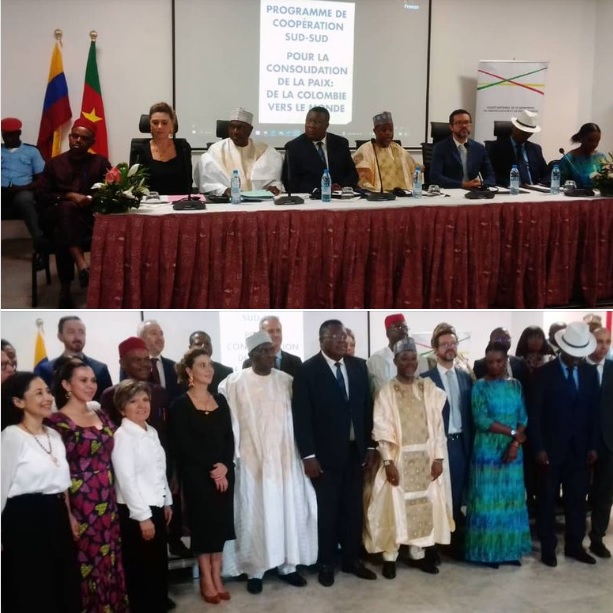

-
© Contributor : Aubin DASSI NDE, International Laws Researcher, Writer
- 09 Apr 2018 13:51:31
- |
- 6768
- |
AFRIQUE :: African Union and Continental Free Trade Area Agreement: determining step or Sisyphus' step?
Last March 21st, 44 African States signed the AfCFTA, following the 10th Extraordinary African Union (AU) Summit, held March 17-21 in Kigali, Rwanda. Five other States agreed to do so after amendments to their domestic laws. The creation of the AfCFTA is formally the culmination of a vision set out almost 40 years ago in the Lagos Plan of Action, adopted by African leaders in 1980, through the Abuja Treaty establishing African Economic Community in 1991, among others steps. Result of two years of consultations led by the President of Niger Mahamadou Issoufou, a mission assigned to it by the AU since January 2016, this ambitious text, which promotes intra-African trade before promoting the industrialization and the development of transport infrastructures in Africa, raises some concerns as to its chances of effectiveness.
I- A commendable progress
As one of the driving projections of the AU Agenda 2063 (a long-term development program that aims, among other things, to facilitate the flow of goods and people on the continent), this project has been under discussion since 2012. It plans to integrate the 55 AU member countries into a free trade area and, eventually, absorb the regional trade zones: the AU believes that the implementation of the AfCFTA will increase 60% by 2022 the level of intra-African trade. If the 55 AU member countries ratify the document, the AfCFTA would open access to a market of 1.2 billion people, for a cumulative GDP of over $ 2.5 trillion. Once implemented, the AfCFTA would be the largest in the world in number of member countries.
* A dynamic of massive welcome. Beyond the aforementioned comparative advantage, one of the major strengths of the AfCFTA lies in the number (44) and especially the economic weight of the signatory States, such as South Africa, Morocco, the DRC, Egypt, Kenya, Ivorian Coast or Algeria, yet generally presented as very protectionist. This economic weight slices sharply with that of the handful of the few States still reluctant, Nigeria in less: Benin, Namibia, Burundi, Eritrea, and Sierra Leone.
* A breath of fed hope. Achieving such an ambition seems all the more important since only 16% of African countries trade with other countries of the continent, far behind Asia (around 50%) and Europe (nearly 70%). Far from being an end in itself, the promotion of intra-African trade would necessarily contribute to the integration of the continent, especially as 27 African countries have signed the same day a Protocol to the Treaty Establishing the African Economic Community Relating to Free Movement of Persons, Right of Residence & Right of Establishment.
II- A glow with the good scents of lure
The AfCFTA: Free Trade Agreement in Africa or for Africa? An Agreement for others or an Agreement for Africans? An Agreement of Africans or an Agreement of others under African hands? An Agreement between suppliers of raw products to sell and buy what? The craze with which the African States, generally more inclined to agree not to agree, signed this Agreement in Kigali, does not fail to arouse suspicion and circumspection. It was signed in an atmosphere of paradoxical welcomes, multiform reluctances and usual turnabouts, a cloud of challenges that did not facilitate its effectiveness.
* Logics of paradoxical welcomes. The signing of the Kigali Framework Agreement reveals at least a double category of paradoxes, the first of which relates to the movement of people: while the AfCFTA strangely drained 49 signatures, 44 of which immediately and 5 deferred, the second agreement on free movement, rights to residence and to establishment of persons had only 27 signatures. The resurgence of terrorism, national irredentism and cross-border crime probably weighed their pens: can we facilitate the movement of goods in an integrated area without facilitating those of people, genuine economical actors?
The second category of paradoxes is linked to the free movement of goods. From the outset, it is difficult to understand how African States would integrate into commercial area with 49 countries where they experienced all the difficulties of the world with 10 or 15: within the Common Market of East and South Africa (COMESA), the East African Community (EAC), the Southern African Development Community (SADC), the Economic Community of Central African States (ECCAS), the Economic Community of West African States (ECOWAS), and even less so in the sluggish Arab Maghreb Union (AMU).
In addition to these difficult sub-regional integrations, the AfCFTA throws a huge incompatibility with the reluctances of many African States to ratify the Economic Partnership Agreements with the European Union (EPAs). Some AfCFTA signatory States have ratified the EPAs, making the AfCFTA a kind of shortcut for EPAs in Africa. It would be enough for only one African State to be both a member of the AfCFTA and a party to the EPAs so that in practice the EPAs apply to the whole zone, especially in a context where industrial relocations compromise the implementation of the rule of origin.
Last, there is a palpable lack of transport infrastructure connecting the different signatory States, making the AfCFTA a sort of free-trade framework agreement between clusters of islands or even towers of Babel. At the end of the Kigali Summit on March 21, Souef Mohamed El-Amine, the Foreign Minister of the Comoros, unequivocally decried this defect in these words: "[...] if we want to import from the African continent, important is the fluidity of these exchanges. This raises the infrastructure problem that we have already raised at the January summit in Addis Ababa.
During the discussions, we talked about a big project, a high-speed train ... But in the dictionary of small States, this notion does not exist. We have to take into account the
specificities of our island countries so that this free trade zone can also benefit us [...] We have products to export, especially cloves, which represent 45% of the volume of our exports, vanilla, and also the gray matter for perfumery for which there is a real market in South Africa.” The poor quality of transport infrastructure and the lack of complementarity between African economies are a hindrance to the development of intra-African trade. * Multiform reluctances. On the one hand there are reservations about bilateral or sub regional Agreements, and others on the State level, which would not make the AfCFTA more effective.
First of all, as bilateral or sub regional Agreements are concerned, some officials within SADC, speaking with regard to the AfCFTA, criticize Rwandan President Paul Kagame, the AU's current Chairman, for "carrying out its reforms while constantly adopting the strategy of constraint", while other discordant voices, among the most audible in addition, are also raised from ECOWAS to minimize AfCFTA.
At the head of the Commission of the Economic Community of West African States (ECOWAS) since the beginning of 2016, Marcel Alain de Souza, the former Beninese Minister of Development, does not find it appropriate to include such States as Morocco and Tunisia (on which the AfCFTA would lead in practice). He believes that these two States could be privileged partners of this REC without becoming full members. Rather than a continental free trade area, he said, "the ideal would be to create a free trade area between regional blocs". Souef Mohamed El-Amine, the Foreign Minister of the Comoros, also expresses his reluctance in these terms: "Some countries and some regions have preferential agreements and for them they are assets that must be tried to preserve. At the level of our sub-region, we have the Indian Ocean Commission - which includes four African States as Madagascar, Comoros, Mauritius, and Seychelles - which has a partnership with the European Union, which finances almost all the projects of this organization. These achievements must be preserved, as are bilateral agreements, because there are concrete results on the ground."
As for State reluctances, at least six States, including Nigeria, the continent's greatest economic power, have explicitly stated this by refraining from signing the Kigali agreement. One of Nigeria's largest unions, the Nigeria Labor Congress (NLC), said it feared the negative effects of the AfCFTA on the national economy.
But to look more closely there is also implicit reluctances from some signatory States including South Africa, the second gratest economic power of the continent: to enter into force the text must be ratified by a minimum of 22 States. This figure has been the subject of much consultation before the signature, with some States, such as South Africa, wishing a minimum requirement for ratifications by two-thirds of the AU States members before the entry into force of the Agreement. Souef Mohamed El-Amine, the Foreign Minister of the Comoros, once again, seems to best reflect this South African reluctance in these words: "The reserves were much more shaped than content. In particular, there was debate about the number of ratifications needed to implement the agreement. Some countries supported a minimum of 15, while others, such as South Africa, advocated a two-thirds threshold. The compromise reached is around 20-22 countries."
The goal set for the entry into force of the Agreement is set for January 2019, a burning desire of Niger's President Mahamadou Issoufou. But this timing, several countries, starting with South Africa once again, deem too fair to complete the ratification process, settle the legal issues internally while preparing the election scheduled for 2019.
Germany would fight all its energy to boost a free trade area in Western Europe, Russia in Eastern Europe, Brazil in South America, Australia in Oceania, China and India in Asia etc. But here in Africa it is precisely the leaders of our economy (Nigeria and South Africa) who express reluctances vis-à-vis such an opening, which does not bode well for a radiant continuation for the implementation of that Agreement; attitudes that, rather than arouse hasty criticism, should instead call to step back to better reflect on the deep issues of such an instrument.
Conclusion "This day is historic. After Addis Ababa in 1963, Abuja in 1991, Durban in 2002, Kigali marks a new stage in our walk towards more integration,” declared with all the optimism of the world Moussa Faki, the Chairman of the Commission of the Union African, March 21 at the closing ceremony of the Summit in Kigali, Rwanda.
Granted. Except that the African Union shines by the habit of adopting laws, trumpets to the lips, followed by back pedaling both formal (like the Protocol of Malabo adopted in June 2014 and remained without consequences for lack of sufficient ratifications) or functional (to the example of the decision of an armed intervention in Burundi, taken in Addis Ababa on December 18, 2015 and remained at the words stage).
Once in force after 22 ratifications, what mechanisms could effectively sanction the abuses of the system, mechanisms whose lack of effectiveness has heavily burdened an REC such as ECOWAS?
All in all, it is always permissible to believe in miracles. The hit stick in Kigali can still split the Red Sea and allow Africans access to the Promised Land of intra-African trade development and happiness of Africans.
That stick, however, gives off a sweet scent of a still-born, a still-born baby in the hands of a thousand midwives reviving him, each in her own way and according to her own goals. Such as in a Bamileke mourning (west-Cameroon), where everyone laments around the dead, but everyone mourning the deaths of his own family, remembering them and pathetically quoting their names.
Aubin DASSI NDE is the author of The International Criminal court – A chance in Africa (Edilivre, Paris, January 17, 2018, 316 pages) Link: https://www.edilivre.com/la-cour-penale-internationale-une-chance-en-afrique-aubin-dassi-nde.html/
Lire aussi dans la rubrique POINT DE VUE
Les + récents
Le Cameroun se rapproche de la Colombie pour la résolution de ses conflits : Boko -Haram, crise NOSO
Scandale matches truqués : Samuel Eto'o Fils à Rabat pour réunion CAF
Ancienne gloire : Voici le presque onze entrant de Marc Brys !
Ferdinand Ngoh Ngoh bloque enquête sur malversations financières au Port Autonome de Douala
Décès tragique du sous-préfet de Mora : Eloundou Amougou Ferdinand Arnaud retrouvé mort
POINT DE VUE :: les + lus


POURQUOI LES AFRICAINS REFUSENT-ILS LE « DEVELOPPEMENT » ?
- 26 February 2016
- /
- 54243


Quand les prédictions du colonel Kadhafi se réalisent...
- 22 April 2015
- /
- 38657

LA DIASPORA NUISIBLE: CERTAINS NAÏFS ATTENDENT LEUR TOUR A PARIS
- 12 September 2015
- /
- 30266
LE DéBAT




Afrique : Quel droit à l'image pour les défunts au Cameroun ?
- 17 December 2017
- /
- 162219

Vidéo de la semaine
évènement



